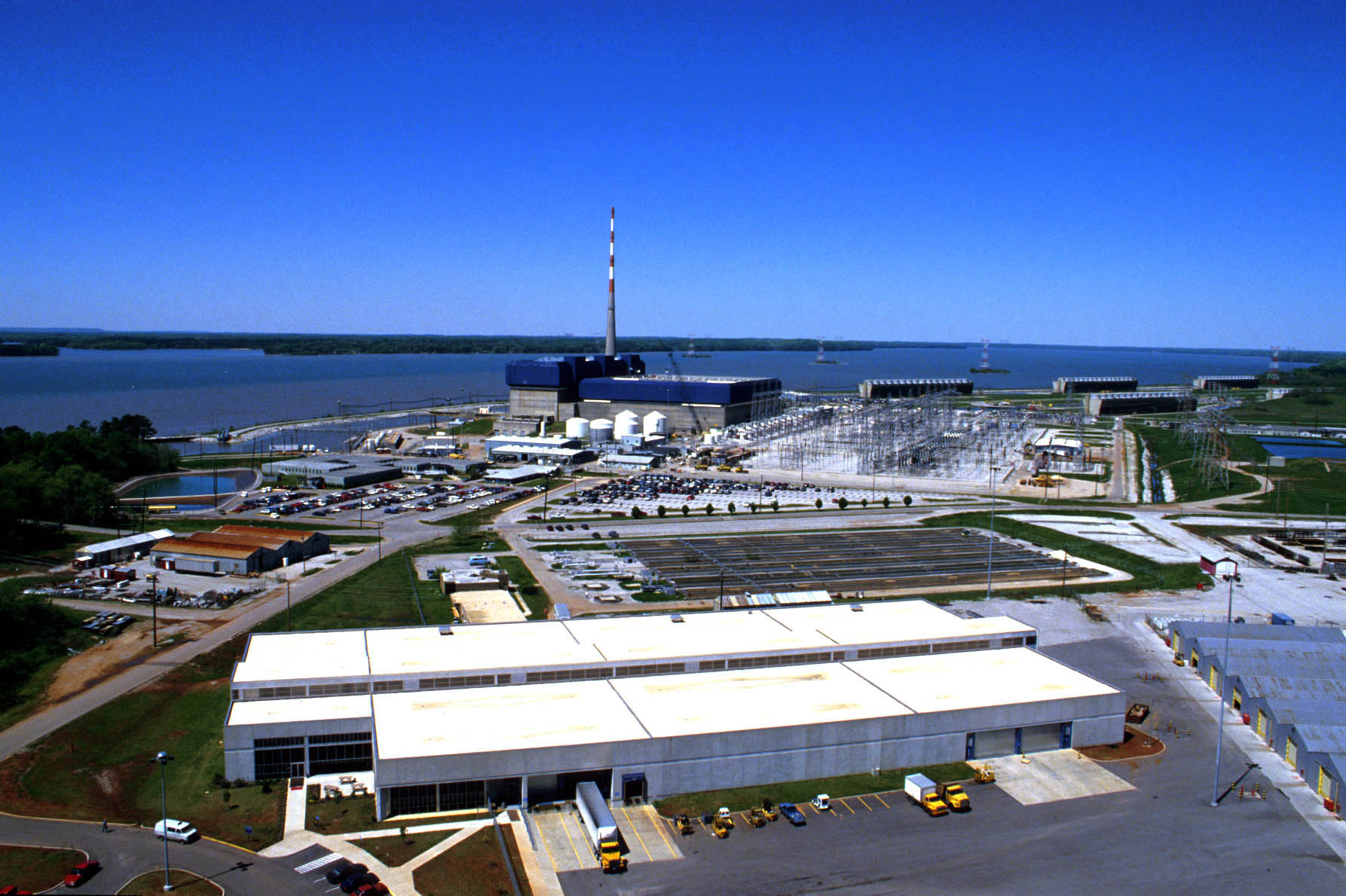Nearly 84 percent of all commercial nuclear reactors in the United States last year met all of the safety and security performance standards set by government regulators.
But the U.S. Nuclear Regulatory Commission identified some concerns for additional review at all three nuclear plants operated by the Tennessee Valley Authority.
In its annual assessment of the nation's 99 commercial nuclear reactors, 85 of America's 99 reactors were rated in complete compliance, according to the NRC.
TVA had nearly half of the reactors where some safety or regulatory question was raised requiring additional review and oversight. But NRC spokesman Roger Hannah said none of the safety concerns raised at the TVA plants were of major significance and the the NRC assessment said "overall performance preserved public health and safety" at each of the TVA plants.
NRC spokesman Roger Hannah said Tuesday regulators discovered security concerns at the three-reactor Browns Ferry Nuclear Plant near Athens, Ala., in the second quarter and security questions were raised in the third quarter at the twin-reactor Sequoyah Nuclear Plant near Soddy-Daisy.
Hannah said the details of the shortcomings cannot be disclosed because they involve security procedures at the plants. But Hannah said the NRC questions were not judged to be of major safety significance and the TVA plants should be able to move into full compliance with all NRC standards this year with continued upgrades and monitoring.
At TVA's newest plant, the twin- reactor Watts Bar Nuclear Power Plant near Spring City, Tenn., there were an above-average number of reactor trips or scrams last year, resulting in additional oversight by the NRC. The Unit 2 reactor at Watts Bar is America's newest nuclear plant and the reactor was idle for about a third of 2017 due to a ruptured condensor on the non-nuclear part of the plant.
Only two U.S. nuclear plants had safety concerns of substantial significance during 2017. In the NRC's annual assessment, regulators said Arkansas Nuclear One requires increased oversight because of two safety findings of substantial significance and the Pilgrim reactor in Massachusetts remained in a heightened safety oversight category because of long-standing concerns of low-to-moderate significance.
Later this spring and summer, the NRC will host public meetings at each U.S. nuclear plant to discuss details of the regulators' assessments of the reactors.
In addition to the annual assessment letters, all nuclear power plants will be inspected by a team of NRC regulators in the coming year.
Contact Dave Flessner at dflessner@timesfreepress.com or at 757-6340.
